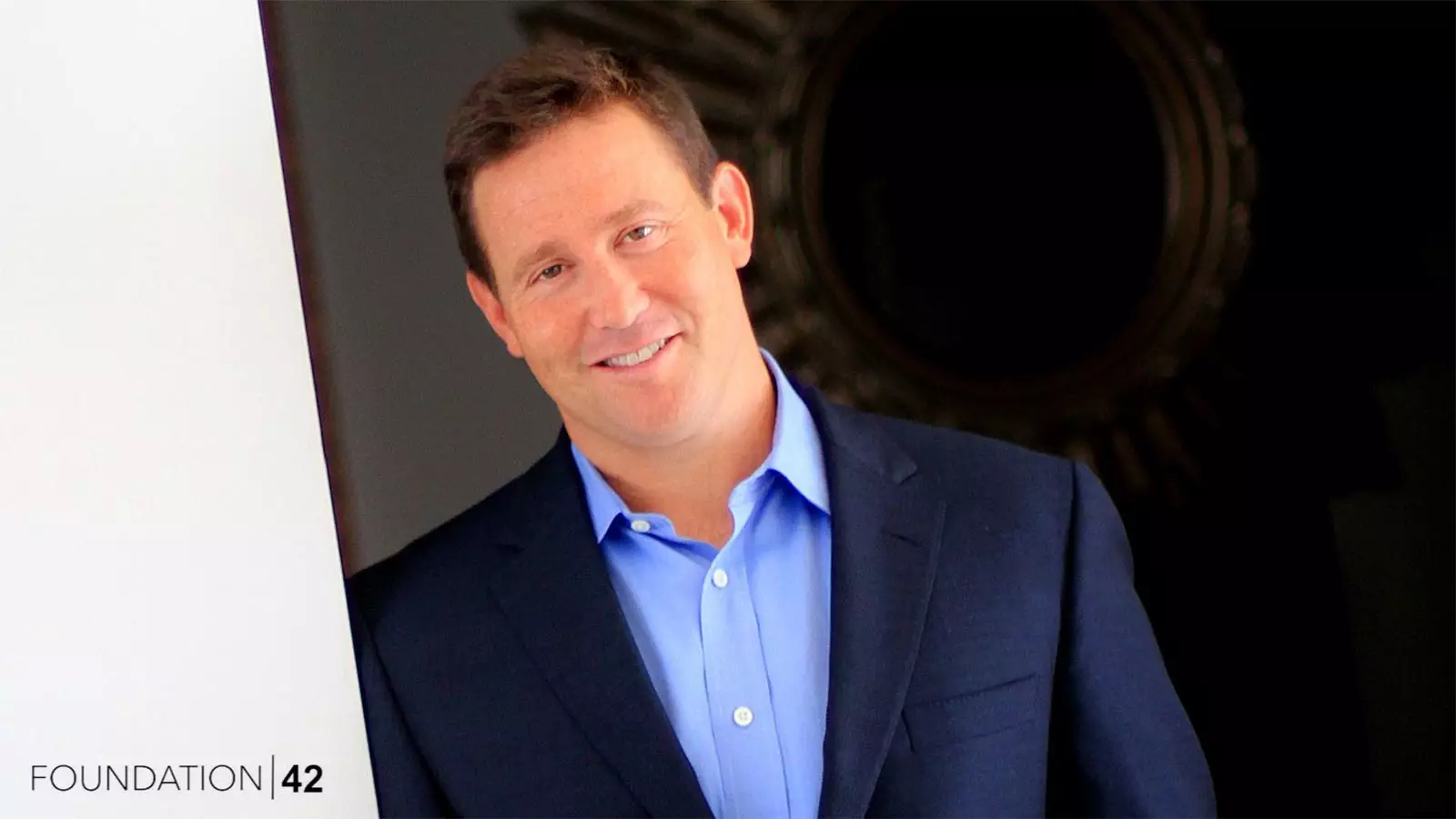In over three decades immersed in the healthcare sector, it’s apparent that our existing systems often grapple with inefficiency and inequity. Various attempts to reform these systems, whether through well-meaning initiatives or evidence-based practices, have frequently struggled to effect lasting change. A pivotal moment in my career came while serving on the Board of Trustees at Mercy Health in Ohio, where I collaborated with notable figures such as Dr. Brent Asplin. Together, we embarked on a transformative journey that aimed to transition our focus toward population health. Our efforts involved not just tweaking existing models, but rethinking the very framework through which healthcare is delivered, coordinated, and financed.
Recently, my curiosity was piqued by an innovative initiative known as Foundation|42, spearheaded by venture capitalist Jon Gordon. Drawing upon his extensive background in business consulting, Gordon has proposed a new model that aspires to overcome the entrenched deficiencies within the U.S. healthcare system. The question at hand is whether this initiative can carve out a path to a sustainable and effective healthcare delivery model amidst a landscape replete with challenges.
Throughout my engagement with the early discussions surrounding Foundation|42, it became clear that Gordon’s approach diverges significantly from traditional healthcare paradigms. The initial findings formulated during these discussions pointed toward a vision that emphasizes a shift from a system-centered approach to one that prioritizes individual patient needs. This perspective aligns closely with the fundamentals of successful business models, underscoring the importance of collaboration and the adaptation of best practices from industries outside of healthcare.
The resulting report from Foundation|42 encompassed several crucial characteristics of an beneficial healthcare model. These include the transition toward a more person-centered orientation and the need for equitable access to healthcare services. Additionally, the report advocates for a preventive approach focused on maintaining health rather than merely treating illness, which speaks to a much-needed cultural shift within healthcare. The emphasis on long-term relationships and investments reflects a commitment to sustainability that is often overlooked in current models.
However, the significant question remains: how do we move from theoretical discussions to practical application? While there’s unanimous agreement on these principles, the daunting challenge lies in the implementation of these ideas. The history of healthcare reform is littered with ambitious plans that ultimately fell short, creating more complications than resolutions.
Jon Gordon confronts the issues head-on, contesting the notion that our existing healthcare financing structures can effectively accommodate contemporary needs. He posits that our current economic model is lagging behind advancements in medicine, technology, and patient expectations, leading to a misalignment that hinders successful healthcare delivery.
Gordon’s proposed three-stage process for realizing this new model involves: designing an ideal healthcare system free from the limitations of outdated frameworks, deploying the model with thoughtful collaboration from aligned partners, and fostering a unified approach that promotes open-source learnings and innovation. This strategy is ambitious and reflects an urgent need for change.
However, my extensive experience in healthcare reform gives me pause. While the initial design discussions have engaged over 150 healthcare leaders, the road from ideas to actionable frameworks is fraught with challenges. Reform in this sector is not simply a matter of good intentions; it requires extensive orchestration, stakeholder buy-in, and a capacities-building environment where improvements can take root.
Despite my reservations, I remain cautiously optimistic about the potential of Foundation|42 to innovate and revitalize healthcare delivery. If we were to commence this journey anew, the essential components for success are undoubtedly present. The project embodies holistic thinking, data-driven analysis, and stakeholder engagement, all of which are critical to the likelihood of success.
It is here that Jon Gordon’s unwavering determination and connections can be pivotal. Through collaboration, thought leadership, and the active engagement of stakeholders, there exists a genuine opportunity to disrupt the entrenched systems and reshape the healthcare landscape for the better. The success of Foundation|42 not only lies in the implementation of a new model but also in its ability to inspire a broader cultural shift toward patient-centric care that values health over mere transaction.
For all the skepticism grounded in experiences past, it is imperative for us to lend our support to initiatives that strive to bring substantive reform to an industry that fundamentally impacts the welfare of millions. The task ahead is undeniably Herculean, but with a concerted drive and innovative thinking, we may step closer to realizing a healthcare system that genuinely serves all.


Leave a Reply